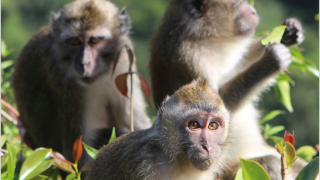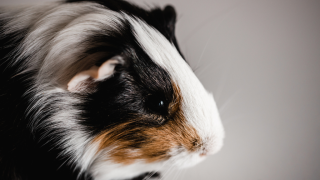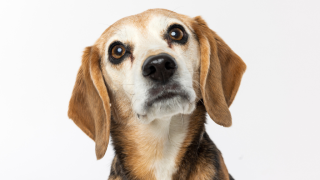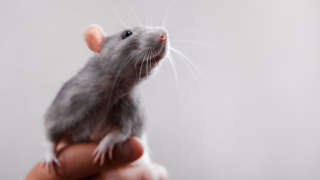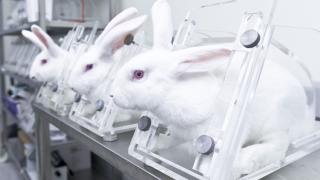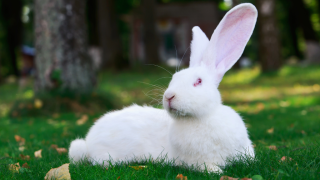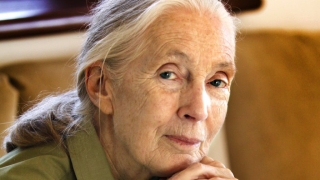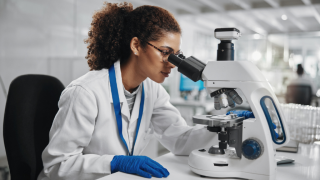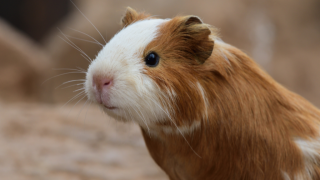We’re bringing leading researchers together to progress non-animal alternatives
Following moves in China to accept alternatives to animal experiments for cosmetics testing,[1] we have organised a major scientific summit which will bring together 40 leading researchers.
The Cruelty Free International scientific summit will enable leading researchers to discuss progress in the development of non-animal alternatives. The objective is to spread knowledge of the wide availability of non-animal alternatives in China and for cosmetic companies interested in the new options.
Organised with the Chinese Environmental Mutagen Society, the event is co-chaired by Dr He Zhengming of the National Institute for Food and Drug Quality Control and Dr Nick Palmer, Director of Policy for Cruelty Free International. Speakers include:
- Professor Wang Jufeng, Director of the Institute of Food and Drug Safety Evaluation
- Professor Cheng Shujun, Centre for Alternative Research & Evaluation
- Dr Katy Taylor, Director of Science at Cruelty Free International
- Jean Zimmerman, Head of the prominent Shanghai-based cosmetics firm Bayankala
Participants include senior figures in a wide range of official institutions and universities who have the potential to benefit from the opportunities to test safety using non-animal alternatives.
Dr Palmer comments, “The Chinese decision to allow companies to register most domestically-produced cosmetics with their own safety testing dossiers was extremely important. It has, for the first time, paved the way for ethical cosmetic companies to develop in the Chinese market without causing suffering to animals. However, it is vital that companies know that the official institutions will accept the alternatives, hence our decision to organise this event with our Chinese partners to spread the latest information widely.”
During the week, Dr Palmer also plans to have further talks on the outlook for further relaxation of the regulations, so that all cosmetics and also imports can benefit from non-animal alternatives.
Sources:
[1] From July 1 2014, as part of wider liberalisation, China started to accept registration by companies of most cosmetics for domestically-produced products without requiring submission to the Food and Drug Agency. Instead, companies are required to do their own safety testing, which can use non-animal methods.

